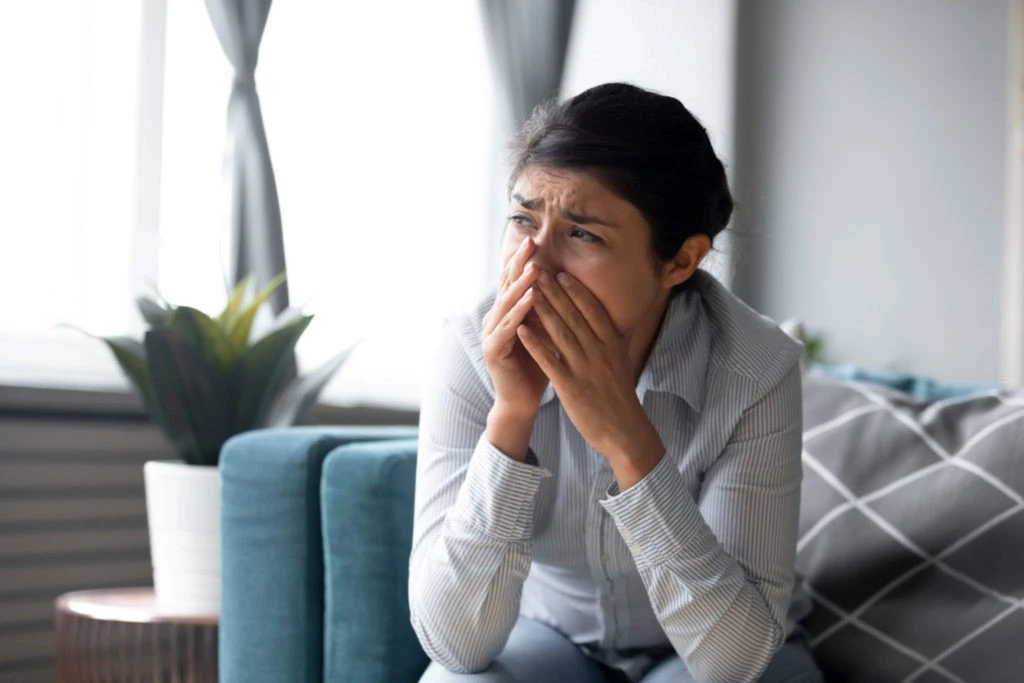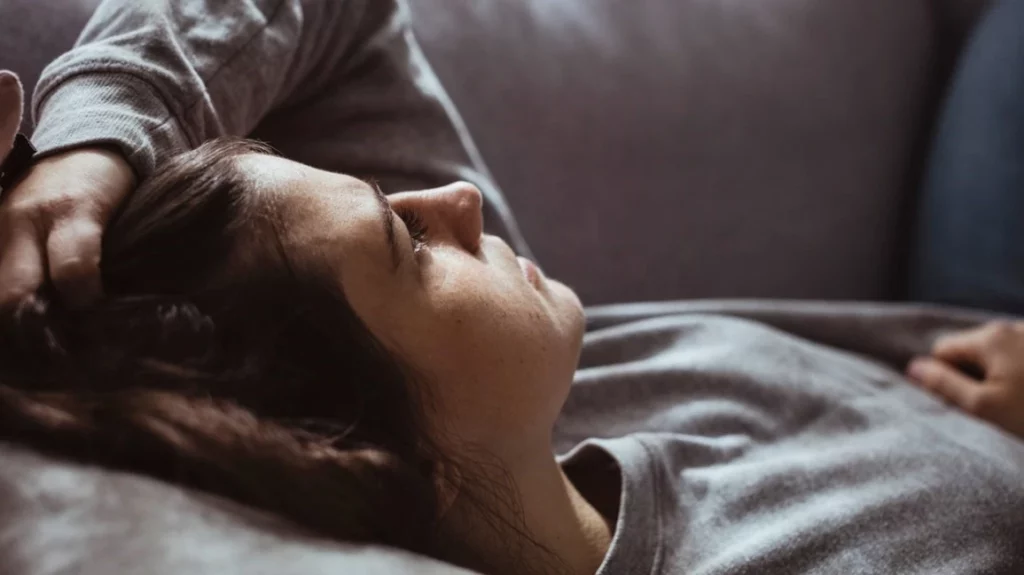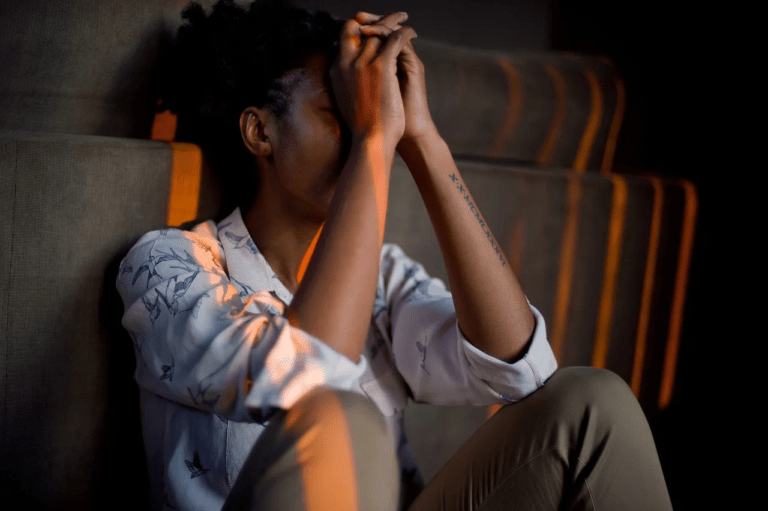The Effects of Grief on Sleep – Reducing Insomnia caused by Grief
Introduction
A sound sleep is all we need at the end of the day. While working for almost 15-16 hours a day, our body asks for relaxing sleep. But do you know, most people are deprived of a healthy sleep cycle and suffer from insomnia? Yes, insomnia is also known as sleeplessness. A person deprived of sleep and not getting enough sleep is said to be suffering from insomnia. Hardly in India there are handful of 30-40% of the people who get enough sleep and have healthy sleep cycle. And the rest who don’t fall in this category, feel sleeping a challenge.
There are several good ways that can improve sleep cycle, and increase the productivity of body and mind, because the amount and quality work we do is directly related to the kind of sleep we take on an everyday basis. The ideal number of sleeps is 8 hours per day. Trying to stick to these hours particularly can bring consistency in your sleep cycle.
What is Insomnia?
Insomnia is a sleeping disorder in which you have trouble falling and/or staying asleep. The condition of insomnia can be short-term or chronic. There can be several reasons due to which insomnia is caused but the most common reason that we find is stress, anxiety and depression. Yes, these feelings are the feelings of grief that one faces in life due to various personal and professional reasons. Insomnia can feel normal in the start but if not given enough attention to it can take a chronic form and can become a reason for several other issues. Insomnia is certainly categorized in two forms. First, being primary insomnia, this means your sleep disorder is not linked with any of the health conditions. Second, is secondary insomnia in this you may find difficult to sleep due to health conditions of brain and body.
How can grief complicate your sleep?
Although, there are numerous reasons to feel grief or sorrow, and numerous reasons how it can affect your body. But the source of every health problem starts with sleep. If a person has sound sleep cycle, he\she is healthy throughout and vice-versa. Talking about grief and poor sleep cycle, they both are directly related to each other; the absence of proper sleep is mostly derived from perpetrating grief. Let us have a look at how grief can affect sleep.
- Emotional wellness– Grieving deteriorates the emotional wellness of a person, causing instability of emotions and unnecessary thoughts slipping into mind, probably we call it overthinking. Grief alone can wreak havoc on your emotions, causing depression and anxiety and can prohibit you from sleeping. However, grieving makes sleeping hard, but sleep is necessary to recover from grief.
- Physical wellbeing– The physical symptoms of grief are less discussed but are highly significant. Where proper sleep helps your body to mend faster, on the other hand poor sleep weakens your digestion, immune system, and nervous system. Weakening of these three can break your body entirely, causing numerous health problems and can be chronic or hard to recover. If you are experiencing advanced symptoms of grief, take steps to improve sleep, do everything which is in your power to attain healthy sleep.
- Cognitive ability– Grieving can take you take decisions in a snap, without thinking much about its pos and cons, which is harmful. Our mind is designed in such a way that it is capable of taking one mental breakdown at once and what grief does to mind is it overlaps the series of emotions and dig out toxic experience from deep. Thus, grieving can cause you to experience hazy thinking as a part of temporary cognitive impairment.
Here are some of the techniques to cope from Insomnia due to Grief
- Make schedule– The primary step for getting a good sleep is making a schedule. Schedule of waking up and going to bed. Untimely sleep is the reason for many health problems, continuous anxiety and body aches and headaches. Make a fixed sleep of 8 hours daily not more not less. It is said that 8 hours of sleep is considered as ideal sleep cycle. Go to bed and wake up at the same time even on the weekends. Consistency will lead you towards healthy sleep.
- Choosing mattress– An essential part for getting a good sleep is choosing the right mattress for yourself. The questions arise what to buy for back pain? To get the right answers consult a doctor and make suggestions. The right mattress can make you fall asleep so that you can avoid overthinking your grief. Moreover, if you are suffering from aches due to lack of sleep, choose the mattress which is comfier and a lot of stuffed cotton, as hard mattresses can worsen your pain.
- Keep your diet check– It is observed that the person suffering from sorrow does not follow a healthy routine diet, because in the phase of grief the body is reluctant to self-care. Eating and drinking are primary habits that can lead to a good or bad sleep cycle. Do not go to bed hungry or stuffed, avoid heavy meals before going to bed at least 2 hours prior. Do not consider taking stuff like nicotine and caffeine thinking that they will reduce your sorrow, as they have an alternative effect on your sleep badly. It is said eating and drinking healthy can improve your sleep cycle by 10 times.
- Avoid unnecessary sleep– People suffering from grief, do not adhere to a particular time for carrying out everyday stuff. They sleep whenever they feel like and spend their day unproductively. If you feel tired or dizzy a short nap is good to go, but do not make it to hours otherwise you will tend to have difficulty sleeping at night. Moreover, grieving is heavier at night compared to day, prefer to avoid sleeping in the daytime, so that you fall to sleep earlier in night.
- Put away mobile phones– Before going to bed avoid using mobile phones and keep them away. The blue light that smart phones reflect causes irritation in the eyes and prevents comfortable sleeping. Moreover, the radiation that smart phones regulate is directly concentrated in our mind causing nerve damage. Therefore, it is suggested to keep yourself away from the heavy usage of smart phones before bedtime.
- Include physical activity in your daily routine– Physical exercises can make muscles stretch and cause good sleep. Exercise is also helpful to cure depression as suggested by psychologists. However, avoid exercising before bedtime and instead choose a light walk before falling into bed. This will help you with digestion and make you sleep better without feeling heavy on your stomach.
- Taking hot showers– It is said hot showers are better than normal ones. This is because water between 108 and 108 Fahrenheit improves quality of sleep, especially if you prefer taking it in the evening. Hot showers can relieve you from stress that you are carrying in mind and on body. So, next time you find it tough to sleep try taking a hot shower, the results of it are immensely high in promoting sleep.
- Follow consistency– All of the above steps, will give no results if haven’t followed with consistency as changes are not seen in just a day, experts say it at least take time of 21 days to completely get used to a certain habit, after which your consistency doesn’t break. In this way you will not only get over your grief but also get a sense of leading a fit lifestyle, you will automatically tend to do things on time.
Conclusion
A good sleep is beneficial for quality life. Although grief is a hindrance for a good sleep that many people face. Grieving is responsible for various mental and physical damages including anxiety, depression, restlessness and deficiency in body performance. One can take certain steps to get over grief and start to live a healthy life, which includes a considerable amount of sleep. The steps might feel tough to follow or stick to for long but anyhow they are capable of giving great results. A person suffering from grief must have a mindset that this will not last and there is life ahead.









